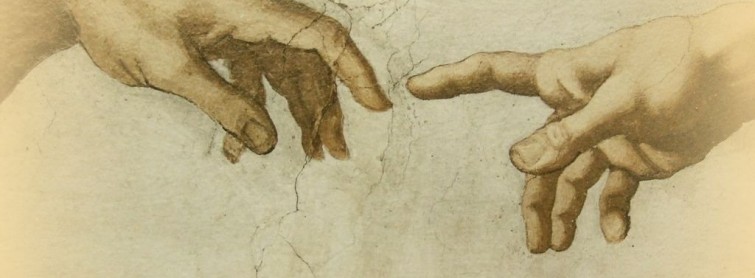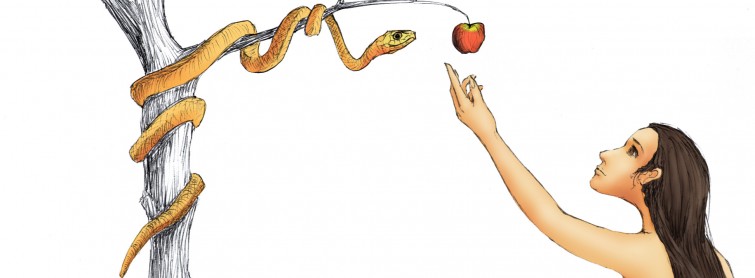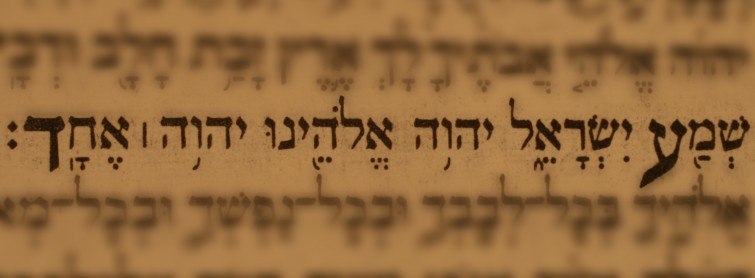In our last article, we discussed four of the eight most common beliefs held by those who subscribe to Creation. (You can read the article here).
In this second and final instalment, we take a look at the remaining four beliefs held by Creationists.
—————————————————————————————————————–
5. That a Global Flood Took Place
The record preserved in Genesis 6 is clear: a catastrophic event took place, which covered the entire surface of the earth, causing extinction for every land-living thing that was not on the ark. An event such as this one is the only way to explain the peculiar location of sea fossils at heights hundreds of metres above sea level such as The Grand Canyon and The Himalayas.
Though geologists argue that rock layers were formed over millions of years, we have no witnesses that can attest to this theory. It is becoming more common now for scientists to acknowledge that sediment layers are mostly formed through a rapid deposit under circumstances such as a catastrophic flood.
6. That Dinosaurs and Humans Co-Existed
Genesis is clear that every kind of animal created was created on the same day as Adam.
Though science tells us that dinosaurs are millions of years old and can now be seen in the evolved form of birds, God claims that he created them at the same time as he created other animals, and human life. This means that dinosaurs could not have been long extinct before humans came into being, but rather co-existed with them before becoming extinct through environmental circumstances. The presence of dragon legends all over the world recorded by humans reinforces the theory that dinosaurs were not predecessors to humans, but rather were co-inhabitants.
7. That Every Race Originates From One Common Race
The Biblical account in both the Old and New Testament is very clear: all of humanity originated from one man and one woman. We are all members of the one race – the human race – which descended from Adam and Eve.
In popular culture we tend to think of skin as either ‘black’ or ‘white’ but in reality this is incorrect. In order for anybody’s skin to have a dark appearance, Adam and Eve must have had DNA that contained brown pigment. This means that every skin shade is derived from one shade: we are all some amount of ‘brown’.
At the scattering of Babel, different groups of people were isolated from one another and probably went onto have offspring within their own groups. This would allow for certain gene characteristics to remain within their group and concentrate into dominant genes. This explains the way in which we still see certain groups displaying distinctive characteristics in their physical appearance.
8. That Death Was Brought About Through the Fall
A common argument made by those who do not accept God is that a kind, good God would not have, or continue to, inflict death or suffering upon the world. However, creationists believe that the solution to this argument is given in Genesis where we see God create a world that is inherently good, but fractured through the rebellion and disobedience of humanity.
By the account of God’s own word, we know that these disobedient actions ushered in the existence of death and suffering. We know from Genesis 1 that after the six day creative week, God looked at his creation and acknowledged its inherent goodness.
It is true that our world is marred by death and is fundamentally broken, but we must understand that this is not through the fault of God but rather through the fault of man who broke God’s perfect creation. Creationists also acknowledge that everyone, including each person who blames God for the fractured state of the world is imperfect. Through Adam’s rebellion humanity was marred with sin. Not one of us is perfect.
Creationists believe that God created everything, knows everything and should be trusted in all matters. The alternative to trusting God is to trust imperfect, fallible humans who are just making guesswork of these important matters. We must stand confidently on the word of God as revealed through scripture.
To honour God’s creation, be sure to sign the petition to establish Creation Day as an official holiday!




